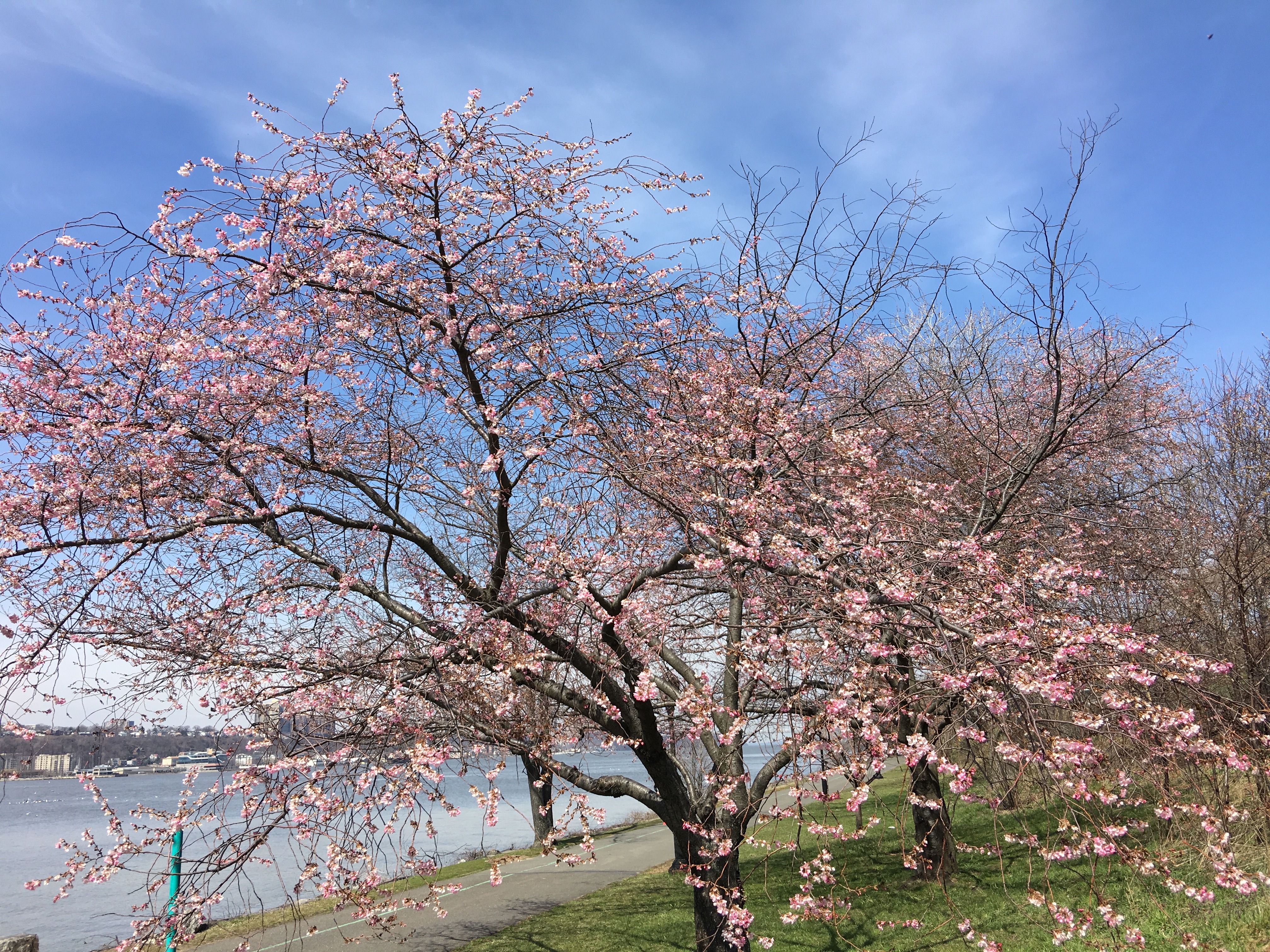

Richard S. Hamilton, one of the greatest mathematicians of all time, passed away on September 29, 2024. I am extremely lucky to have called him my advisor at Columbia University as well as a long-time mentor.
Richard's mathematical legacy will be tied indelibly to his groundbreaking work in geometric analysis, most notably on the Ricci flow. Richard's program for solving the Poincare Conjecture was completed by Gregori Perelman in 2006 (the only solved Millennium Prize problem to date). Perelman famously declined the award, saying that Richard's contribution had been equal to his own. Richard's work was recognized with many incredible awards: the Clay Research Award, Shaw Prize, etc.; however, he wouldn't want me to fixate on this. Instead, I would like to share a few thoughts on Richard as a person.
Richard taught me that true genius is being able to explain complex concepts in simple terms. (This has remained a kind of mantra for me to this day.) He had a few feature characters -- my two favourites were the "drunken sailor" and "grim reaper" -- that he used to explain the evolution of various partial differential equations. I remember being intimidated in my first days in that 5th floor of the math department, which had such a surreal quality about it: the high ceilings, the dark, heavy, wood-paneled walls of the lounge that must have been steeping in a million brilliant thoughts since the department's inception. To sit in a classroom with a man larger than life, with every student's attention in the room, joking about a drunken sailor, in his characteristic Midwestern accent, was a jaw-dropping display and juxtaposition against everything I thought a fancy math department would be. Richard was humble and approachable, he wanted you to have fun, and he wanted you to learn something.
There were interesting stories behind his nomenclature. I remember being confused about why he had called a soliton a soliton - to me the appropriate term would have been self-similar solution. He proudly declared, "My father was in the Navy." This explained why he was using terminology for waves. His use of the term "surgery," closing up singularities in geometric objects that would form to allow the continued evolution of an equation, was explained simply by, "My father was a surgeon." This still makes me laugh.
Richard shared many amusing personal and professional stories, but the biggest mark he left was in how he treated me. Richard showed me a great deal of respect and gave me two hours of his undivided attention every Tuesday afternoon. When we first started meeting, I explained that I had been studying partial differential equations, but not geometric analysis specifically. I borrowed every book on the topic in the library. I came bounding into his office one day, carrying a sky-high stack of books, excited to share with him all of my findings. It was at this point that he said I didn't need to do all of this reading and preparation -- that we could simply just start doing research. I was dumbfounded. How could we start doing research if I didn't know much about the topic? This completely reshaped my way of thinking about research. He gave me license to abandon the careful, calculated way I had of following the paths that others had laid before me, hoping to reach their frontier, and instead just messily plunge into the abyss of human knowledge.
We spent many happy afternoons in his office, with me furiously scribbling away some notes, which almost look like nonsense. When the weather was nice, we would sometimes meet in Central Park. Richard loved African safaris, but when he couldn't be at the real thing, he would visit the puffins in the Central Park Zoo. He loved the puffins.
Richard was not happy about my decision to go to Brown, and expressed this by regaling me with stories of Yale-Brown matches from his heydays at Yale. He said they would scream from the bleachers, "What's the color of horse shit? Brown! Brown!" (He pronounced "horse shit" with a particular quality only achievable by his Midwestern accent.) Once at Brown, he continually asked me if I would return to Columbia.
Richard joined the University of Hawaii, which I was glad to hear. He was very fond of Hawaii and spent as much time as he could there. I remember one of the first things he said to me, when I first nervously approached him asking if he would take me on as a student, was, "You know what the best part about New York is? It has 4 airports." I never figured out what the 4th one was. I am sure it was in some dimension only Richard could see.
Rest in peace, Richard. You are missed deeply.